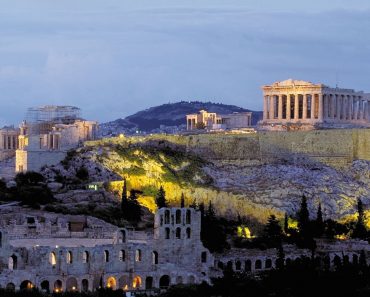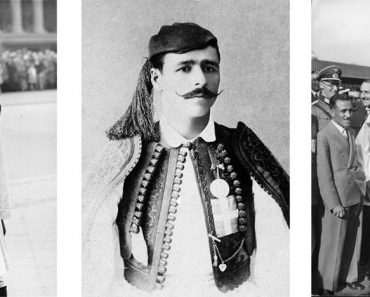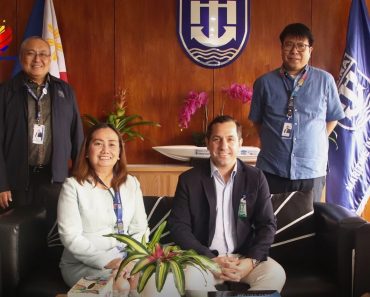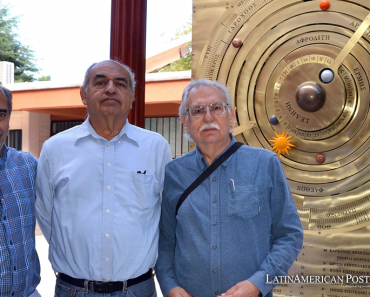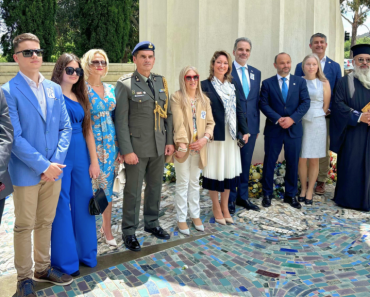I grew up surrounded by books. When someone who is in her sixties makes a statement like that, the reader’s mind might well go to some book-clad study in a post-war middle-class Australian suburb.
My setting was nothing like that. I grew up in the back of a fish and chip shop. My bedroom backed onto the small outdoor area where my parents washed the potatoes that would eventually transform the endless sacks into ‘chips’. Tough, manual work. I woke at up at around 5.00am every morning to the sound of the hand-propelled machine.
And yet, our small lounge room that led to the front shop that was filled with smoke from the incessant frying, was also full of books. They were books written in Greek and so were too advanced for me, but my father would bury himself in them every chance he got. He worked in the shop by day, and at a local tyre factory on afternoon shift, but would forego sleep for the sheer pleasure of reading.

I learnt many years later that he loved his village primary school. His teacher had spent his own meagre money to furnish the school room with a few books. During the war, enemy soldiers burnt these books as kindling for their fire. My father was so devastated that he disappeared into the surrounding mountains for a week. Several decades later as an immigrant on the other side of the earth, he spearheaded a campaign to have a statue erected in the village square in his teacher’s honour.
I started school not knowing any English but quickly picked it up, as so many of us children of post-war immigrants did in the 1960s. Given that the privilege of reading was ingrained in me through my father’s example, I became a voracious reader myself. I borrowed countless books from the school library.
I was also concurrently going to Greek school but my precinct of reading there was within the Greek readers where the focus was squarely on learning the Greek language. My literary pursuits were solely within the English language. However, there were glimmers that illuminated what was to come. At day school we sang ‘God Save the Queen’ every Monday morning.

Discovering Greek literature and my identity
At Greek school, every Friday evening, we sang the Greek national anthem which my father informed me was originally a poem. He showed me Dionysios Solomos’ poem in one of his beloved books. Henceforth, instead of just singing the anthem mindlessly, I started to focus on the actual words. I remember being rivetted by the images: swords, fighting, freedom rising from bones! There was an energy, both terrible and exhilarating, that my English school anthem sorely lacked. My father would periodically show me other poems but, his time was limited, and the Greek language they entailed was much too sophisticated for a little girl of six or seven.
The years passed and I found myself enrolled at the Chadstone School of Languages (it would later transform into the Victorian School of Languages) studying modern Greek at the Year 11 level…and my world was transformed! Through the most extraordinary serendipity, the principal was Konstandinos Papadopoulos, who embodied outstanding leadership: a man of vision and unstinting integrity. My teacher in both Years 11 and 12, was Kyriakos Amanatides: well-known throughout the Greek community as a literary scholar and educator of distinction. For me, he will remain in my heart as my finest teacher.

I know that the expression ‘my head exploded’ has become a sitcom cliché, but I honestly cannot think of a better metaphor to denote my reaction to reading Constantine P. Cavafy for the first time. His writings were like nothing I had ever encountered. Here was a poet talking about the imperative of the journey, about the inescapability of fate, of strong women and beautiful men, of innate desires, of sensual joy, of utter despair, of abyss-inducing melancholy – and all through the most achingly beautiful language.
A lifelong affair with modern Greek literature
From Cavafy we progressed to Palamas and his lyrical poem, Homelands. The fact that this complex poem had this title – Homelands – in the plural gave voice to how I quietly felt: I reserved the right for myself to have a multiplicity of homelands from a very young age: the terrain of Greece, the expanse of Australia through to those specific spaces that haunt my dreams to the present day: Almiropotamos, Evia and that quiet stretch of beach at the end of our street in Melbourne.

At university I was in the first class in Modern Greek studies with Professor Stathis Gauntlett whose consistently inspiring lectures further cemented my love of Modern Greek literature. Although I also loved the texts we were reading in my English literature classes (John Donne, Alexander Pope, Emily Bronte, William Blake etc), I was spellbound by these works in the Greek language: the magnificent poetry of Nobel prize-winning Greek poets, George Seferis and Odysseas Elytis; the surrealist images of Andreas Embirikos. The poetry of Yiannis Ritsos affected me deeply, appealing to my ingrained sense of social justice.
I found extraordinary the thematic range and quality of the prose works. Nikos Kazantzakis’ Captain Mihalis, Freedom or Death and its exploration of the psychological interplay between loyalty and betrayal within the atrocities of the Cretan revolution of 1889. Elias Venezis’ trilogy (Aeolian Earth; The Number 31328; Serenity) gives credence to my contention that nothing encapsulates the complexity and tragedy of enforced exile from one’s homeland quite like that of the literary text.

Angelos Terzakis’ lyrical depiction of Athens early last century in his gorgeous novel, Violet City, was superseded by the depiction of a post-war Athens by Costas Taktsis in The Third Wedding Wreath: outrageous and hilarious but entrenched in a caustically envisaged reality. Andonis Samarakis (translated into English by the late Australian classicist and translator, Gavin Betts) explored the dangers of totalitarianism and societal alienation, as exemplified in Hope Wanted and The Passport.
I loved the cinematic quality of M. Karagatsis’ works, particularly evident in his short stories, The Great Sinaxari, and was deeply moved byDimitris Hatzis’ The End of our Small Town, where he uses the short story form to recount the passing of a town’s way of life and the multifarious effects of this transition on its inhabitants.
All of the above texts are available in English translation, many of them by multiple translators. And yes, perhaps the ideal is to read a literary work in the original language in which it was written but, thankfully, there are excellent translations available, thereby facilitating access to other worlds; widening our horizons through new ways of seeing, of loving, of connecting, of being.
As I always do, I am going to leave the last word to one of the writers showcased: some globally lauded lines from ‘Ithaca’, the first poem I ever read by Cavafy in those far off days of Year 11…
As you set out for Ithaca
hope your road is a long one,
full of adventure, full of discovery.
Laistrygonians, Cyclops
angry Poseidon – don’t be afraid of them:
you’ll never find things like that on your way
as long as you keep your thoughts raised high,
as long as a rare sensation
touches your spirit and your body.
Konstandina Dounis is a Cultural Historian, Writer, Literary Translator at the Monash Education Academy, Monash University


